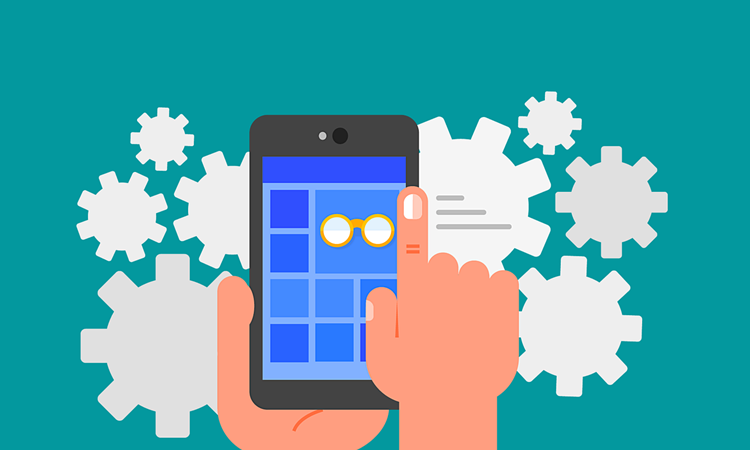5 Useful Budgeting Tips for Beginners

On average, Americans are spending $765 a month more than they did in 2020, which shows that budgeting isn’t a priority.
Not following a budget can affect your credit score, put your family at risk, and cause stress. But there are simple steps you can take to prevent any financial mishaps. Perhaps you’re struggling with budgeting and you’re looking for inspiration.
Sounds like you? Don’t worry, you’ve come to the right place. Here are five budgeting tips for beginners to try.
- Determine Your Monthly Income and Expenses
If you’re not sure how to start budgeting, then figure out your monthly income and expenses. Check your bank statements to see where your money goes, such as utility bills and grocery shopping. Compare this with your monthly salary and, hopefully, your income is greater than your expenses.
But if it isn’t, then you must find ways to boost your income and reduce expenses. For instance, if a large chunk goes towards meds, then buy prescriptions online from a reputable pharmacy.
- Track Your Spending
One of the top budgeting tips is to track your spending. You could either create a spreadsheet or use a free app to monitor your expenses. This shows you where to cut back and gives you an idea of how much you need for grocery shopping, bills, and other costs.
- Find the Perfect Budgeting Method
Not sure how to start saving? Then, find a budgeting method that best fits your needs.
For instance, many people use the cash envelope system where you withdraw your salary and divide it into different sections. Then, mark each envelope to know what you’re working with. This makes it easier to track your spending and prevents you from slipping into your overdraft.
You could also try the 50/30/20 method where you divide your earnings into 50% towards needs, 30% for wants, and 20% for saving or paying off debt.
- Avoid Impulse Buys
Stick to your personal budget by reducing the risk of impulse buys. If you want to buy an item, then give yourself 24 hours to ruminate over it. This will encourage you to research the product, compare prices from other retailers, and help you decide whether it’s worth your time or money.
You should also set a spending limit so you don’t get tempted and dip into another fund.
- Build an Emergency Fund
A healthy budget includes an emergency fund to cover unexpected expenses. For instance, your car may break down or you need money for a friend’s birthday. Note, building an emergency fund takes time so squirrel away a certain amount each month until you have a decent amount.
Try These Budgeting Tips for Beginners Today
Hopefully, after reading this article, you’re inspired by these top budgeting tips for beginners.
Start by working out your monthly expenses, track your spending, and avoid impulse buys. You should also experiment with different budgeting methods and slowly build an emergency fund for peace of mind. Good luck!
Found this article helpful? If yes, then check out the rest of our blog.





